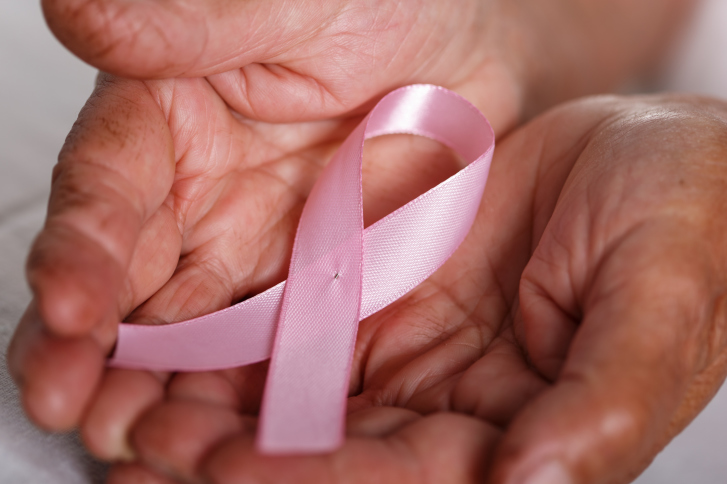
Tips in honor of those still fighting and those who have passed away
It’s hard not to be aware that October is Breast Cancer Awareness Month with all of the walks and events, celebrating survivors, remembering those who have passed, social media calls to action, and the sale of pink products. While this month contributes great support for a noble cause and raises a lot of awareness, it can be tough for some people affected by cancer, especially those with metastatic cancer, and those who have lost a loved one to this devastating disease. In honor of those still fighting and those who have passed away, here are tips to help you handle breast cancer awareness month.
-
Live in the moment.
During this month, you may find that many memories resurface–some may be pleasant and some, you probably don’t want to think about. Concentrate on the memories that make you happy, but remember to live for the day. Dwelling on negative parts of the past or trying to think of how things could have been different will just make you feel worse.
-
Appreciate what you do have.
Expressing gratitude can help you heal emotionally. Think about all of the things that are positive in your life. It can be a healthy habit to develop year-round.
-
Avoid anger.
It can be upsetting to see celebrations and hear stories of recovery, but feeling angry about your situation isn’t going to contribute to your emotional or physical health. You don’t have to try to be happy about it, but try not to let it stress you. Stress can be detrimental to your health.
-
Find other ways to contribute to the month.
Not feeling the pink party? You can contribute to breast cancer organizations and hospitals in other ways. Donate money or your time by volunteering at the facility where you or your loved one has or had treatment. Find groups that put together care packages or make meals for people currently in treatment. You can even create your own event! There are so many opportunities to contribute to Breast Cancer Awareness Month during the month of October and all year long.
-
Seek support.
Seeking the support of family or friends can provide you with an outlet to talk about your feelings. You may also want to consider speaking with a mental health professional. There are also many support groups for both cancer patients and their family members. Check out some of the resources listed below:
- Reach to Recovery through the American Cancer Society –Telephone and face-to-face support (depending on your area) available for breast cancer patients and information for loved ones. For more information, call 1-800-227-2345 for assistance.
- Cancer Support Community – Online, in-person and telephone support for cancer patients and their loved ones.
- Association of Cancer Online Resources – A collection of online cancer communities that you can join for information. There are six total for breast cancer, including ones for men, metastatic patients and family members, as well as others.
- CancerCare – This organization provides services such as counseling, workshops and support groups online, in person and via telephone for patients and family members. They also help with financial resources for those looking for assistance with treatment costs and expenses related to cancer.
- Susan G Komen Foundation – This well-known breast cancer organization has a lot of information about support groups for patients and their loved ones. They also have a breast cancer support line: 1-877-GO-KOMEN (1-877-465-6636).
-
Allow yourself to grieve.
Grief is a natural process that everyone experiences when they lose someone. Key things to keep in mind about grief:
- Grief is not linear; you may start to feel better, but then may feel bad again.
- Everyone grieves differently.
- There is no set timeline on grief. Some people may grieve for a few months; others may grieve for years.
- By grieving you come to terms with your loss, so avoid delaying or suppressing the emotions.
-
For Health Advocate Members
If you’re a Health Advocate member with access to our Health Advocacy service, call us! We have a team of Personal Health Advocates who specialize in helping you in all areas of health. They can help locate providers, treatment facilities and resources for you or your loved ones. Additionally, if you are a Health Advocate member with access to our EAP+Work/Life service—our Licensed Professional Counselors can provide telephonic assistance for stress, depression, family issues and more.